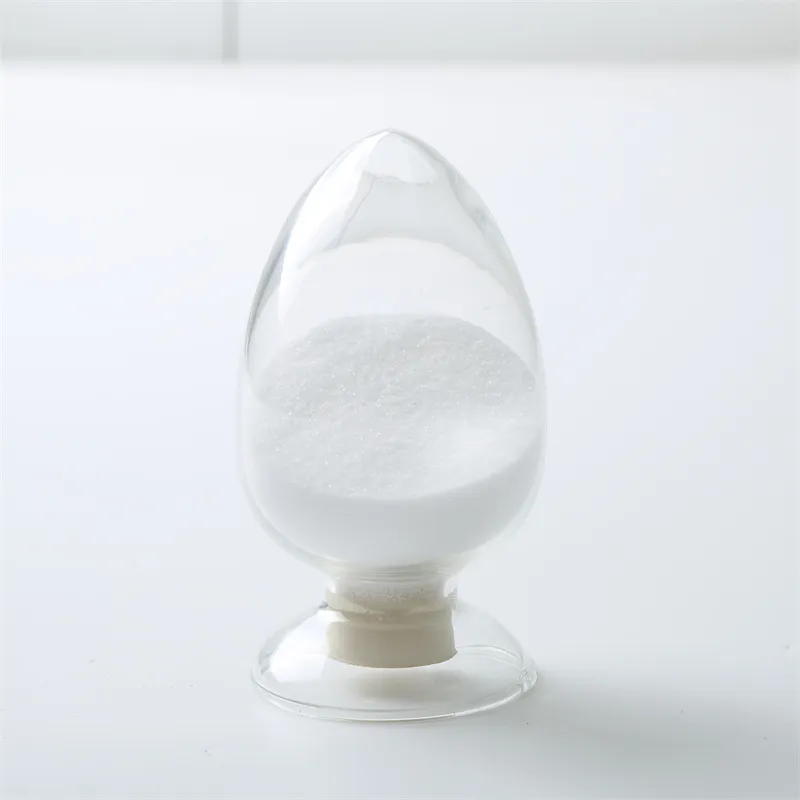Exploring Pharmaceutical Intermediates: The Building Blocks of Drug Development
2024-08-14
In the intricate world of pharmaceutical manufacturing, every drug begins with a series of chemical processes that transform raw materials into therapeutic products. At the heart of this process are pharmaceutical intermediates—key substances that play a crucial role in the development of final pharmaceutical products. This blog will delve into what pharmaceutical intermediates are, their significance, and how they impact the drug development process.
What Are Pharmaceutical Intermediates?
Pharmaceutical intermediates are chemical compounds that are produced during the multi-step synthesis of active pharmaceutical ingredients (APIs). They are not final drug products but rather crucial building blocks or precursors in the manufacturing process. These intermediates undergo further chemical transformations and reactions to eventually become the APIs used in medications.
Key Characteristics:
- Precursor Role: Pharmaceutical intermediates serve as precursors to the final API, which will be formulated into a drug product.
- Complexity: They can vary significantly in complexity, from simple organic compounds to more complex structures with multiple functional groups.
- Regulation: The production of pharmaceutical intermediates is subject to stringent regulations to ensure quality, consistency, and safety.
The Importance of Pharmaceutical Intermediates
1. Essential for API Synthesis: Intermediates are indispensable in the synthesis of APIs. Without them, it would be impossible to produce the active ingredients necessary for effective pharmaceuticals.
2. Quality Control: High-quality intermediates are crucial for the successful synthesis of APIs. Any impurities or inconsistencies in intermediates can affect the efficacy and safety of the final drug product.
3. Cost Efficiency: The use of pharmaceutical intermediates allows for more efficient and cost-effective drug manufacturing processes. By optimizing the synthesis of intermediates, manufacturers can reduce production costs and improve overall efficiency.
4. Facilitates Innovation: Developing new intermediates can lead to the discovery of novel APIs and drug formulations, driving innovation in the pharmaceutical industry.
Types of Pharmaceutical Intermediates
1. Synthetic Intermediates: These are produced through chemical synthesis and can include various organic compounds and chemical structures. They often serve as the starting point for further reactions to create more complex APIs.
2. Biological Intermediates: Produced through biological processes or fermentation, these intermediates include substances like amino acids or peptides that are used in the synthesis of biologic drugs.
3. Chiral Intermediates: These intermediates contain chiral centers and are used to produce chiral APIs, which are important for the development of drugs with specific optical activities.
4. Advanced Intermediates: Involved in complex synthetic routes, these intermediates are used in the production of sophisticated APIs and require precise control over their synthesis and purification.
The Role of Pharmaceutical Intermediates in Drug Development
1. Synthesis Pathways: Intermediates are critical in defining the synthesis pathways for APIs. The choice of intermediates affects the efficiency, yield, and cost of the overall drug synthesis process.
2. Process Optimization: The development and optimization of intermediate compounds are essential for scaling up from laboratory research to large-scale manufacturing. Efficient processes help ensure that the final drug product can be produced consistently and economically.
3. Regulatory Compliance: Pharmaceutical intermediates must meet rigorous quality standards and regulatory requirements. Proper documentation, testing, and validation are required to ensure that intermediates are safe and suitable for use in drug production.
4. Safety and Efficacy: The quality of intermediates directly impacts the safety and efficacy of the final drug product. Ensuring that intermediates are free from contaminants and meet purity standards is crucial for producing safe and effective medications.
Challenges in the Production of Pharmaceutical Intermediates
1. Complexity in Synthesis: The synthesis of pharmaceutical intermediates can be complex and require specialized knowledge and technology. Achieving high purity and yield can be challenging.
2. Regulatory Compliance: Meeting stringent regulatory requirements for intermediates can be time-consuming and costly. Manufacturers must navigate various regulations to ensure compliance.
3. Cost Management: The cost of producing high-quality intermediates can impact the overall cost of drug development. Efficient production processes and cost management strategies are essential.
4. Supply Chain Reliability: Reliable sourcing and supply of intermediates are critical for uninterrupted drug production. Any disruptions in the supply chain can affect the availability of essential medications.
Conclusion
Pharmaceutical intermediates are vital components in the drug development process, serving as essential building blocks for the synthesis of active pharmaceutical ingredients. Their role in ensuring the quality, efficiency, and innovation of pharmaceutical manufacturing cannot be overstated. By understanding the importance and challenges associated with pharmaceutical intermediates, stakeholders in the industry can work towards optimizing their production and contributing to the development of safe and effective medications.
Whether you're a researcher, manufacturer, or consumer, recognizing the significance of pharmaceutical intermediates helps appreciate the intricate processes involved in bringing effective drugs to market. The continuous advancement in the synthesis and optimization of these intermediates will drive future innovations and improvements in the pharmaceutical industry, ultimately benefiting global health.



